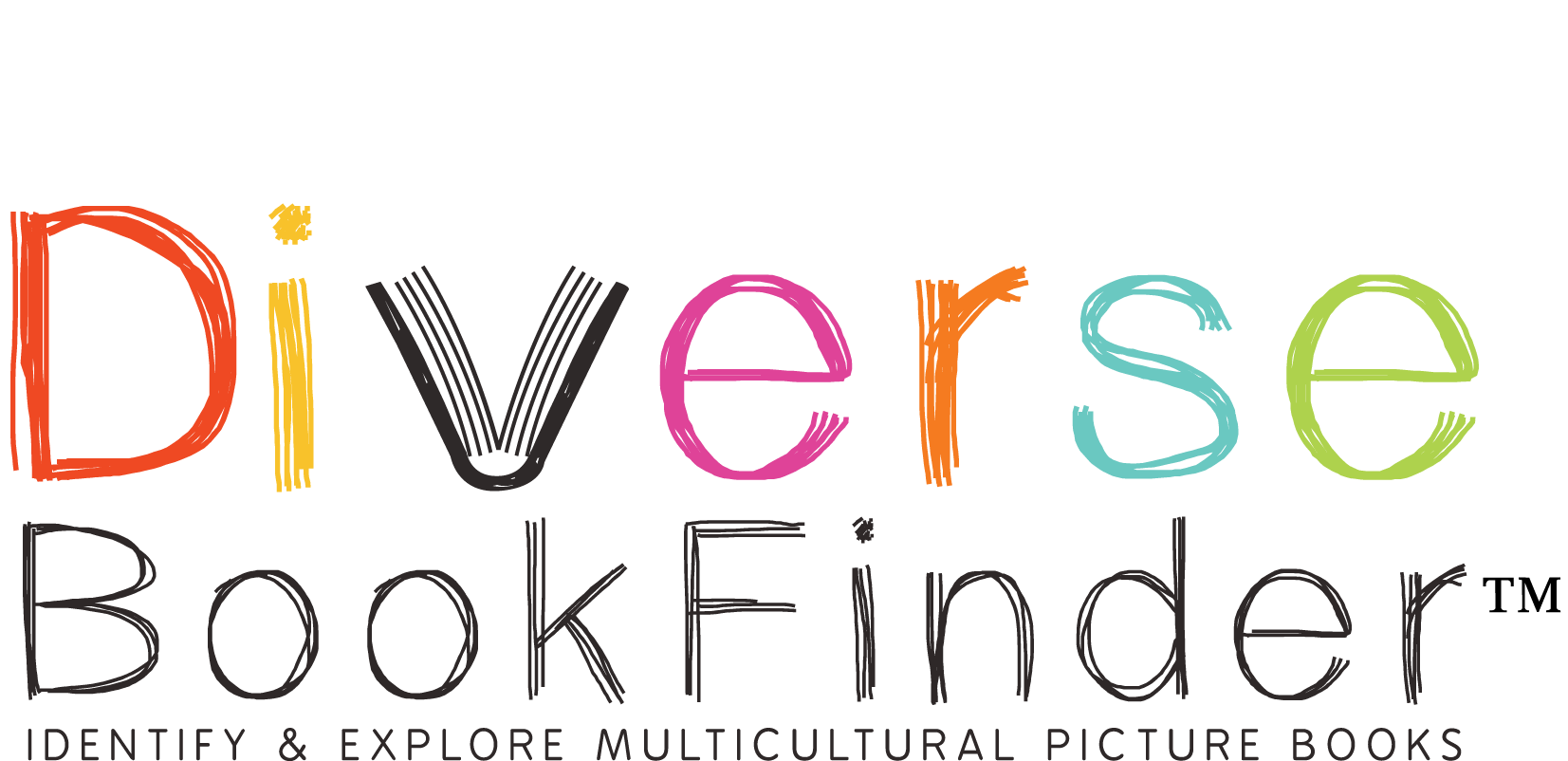Illustration by Ashley Bryan from Freedom Over Me: Eleven Slaves, Their Lives and Dreams Brought to Life by Ashley Bryan
Luis is the Manager of the Courtland S. Wilson branch of the New Haven Public Library in Connecticut and a member of our Advisory Council.
In this historic moment of the COVID-19 pandemic, worldwide protests for racial justice, and a presidential election happening in the United States, there is a greater need for understanding each other -- and the world around us. Current and future events will force the world to reckon with its past but also to imagine a better future. Thankfully, picture books serve the purpose of helping children and families understand the world around them better.
How will we tell the story when current events become history?
The difficulty of this historic moment for millions of people cannot be overstated. Many are experiencing personal pain from the horrors of COVID-19, the trauma of seeing racial injustice go viral, and cognitive dissonance from realizing that their cherished beliefs about certain aspects of history, historical figures, and public institutions are not accurate. When thinking of this blog post and this precise moment, I thought of history: how will we tell the story when current events become history?
Lives are more than statistics
Diverse Book Finder founder Dr. Krista Aronson powerfully talked about how picture books leave their mark on readers, shaping who we are, how we see ourselves, and who we can become. A difficult thing to admit is how past events play a role in the present. The more difficult the historical topic, the greater the challenge to tell the story right.
A work that resonates with me is Ashley Bryan’s Freedom Over Me.

Freedom over me
"Using original slave auction and plantation estate documents, contrasts the monetary value of a slave with the priceless value of life experiences and dreams that a slave owner could never take away"--|cProvided by publisher
Freedom Over Me is a Coretta Scott King Illustrator Honor book which beautifully showcases humanity, in the present and the past. Freedom Over Me was inspired by actual slave auction documents from 1828. Bryan used the information listed in the documents to create a piece that illuminates the humanity of those who were considered objects to be sold. Bryan does a masterful job of imagining the lives of the enslaved and the owner, highlighting the humanity of all involved in an explicitly dehumanizing process. We learn of the hopes and dreams of names listed on the auction list and are reminded that there are actual lives behind statistics, and that humanity is priceless.
There are actual lives behind statistics and ... humanity is priceless.
Freedom Over Me highlights a possible path forward in how this historic moment is taught to and shared with future generations. I believe that we all have responsibility to explain a historic moment even if it is painful. We should acknowledge that the problems of our present moment often come from the past. The Black Lives Matter movement and the disparate impact of COVID-19 on BIPOC, especially African Americans, are present realities directly linked to slavery. Freedom Over Me centers on the dreams and talents of its characters, not simply on their oppression. History can be told while centering the humanity of the characters in their historical moments. Freedom Over Me teaches us that the horrors of slavery dehumanized the enslaved but it did not erase their humanity.
Freedom Over Me teaches us that the horrors of slavery dehumanized the enslaved, but it did not erase their humanity.
Finally, I must note that Freedom Over Me was written and illustrated by a BIPOC creator. I do not think it is a coincidence that the difficult subject matter of slavery was so beautifully handled by a Black creator; sometimes those who experience pain are those who are best able to express it. I believe the path forward in this moment is to encourage and support BIPOC and other diverse creators to tell the stories of our past, present, and future -- and we all must be ready to listen.

